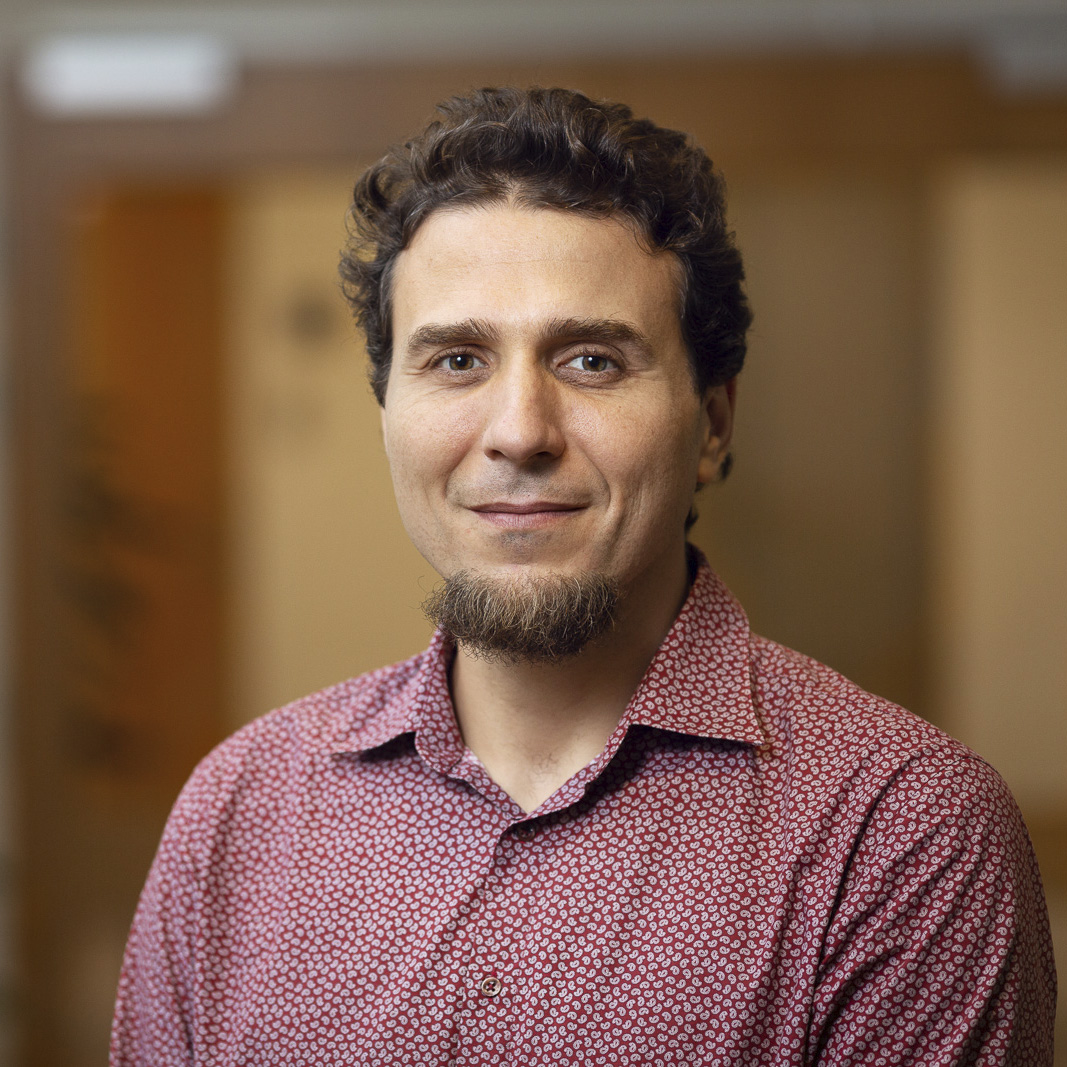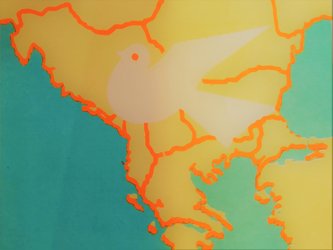
The project analyzes the cultural and political emancipation of Southeastern Europe as symbolic geography defying Cold War hierarchies. The region’s de-peripheralization since the 1960s was inextricably linked to Balkan scholars’ and politicians’ trans-regional entanglements in the context of UNESCO’s democratization of world culture. The internationalization of local expertise after de-colonization paralleled, without being conterminous with, regimes in Bulgaria, Greece, Romania, Turkey, and Yugoslavia (to a lesser extent Albania) overcoming bipolarism by joining the Global South’s challenge against super-powers’ influence at the UN. Regional actors embraced in-betweenness by re-imagining themselves amidst multiple geographies (Orient-Occident, trans-peripherially, North-South, or the Mediterranean) in order to counter symbolic marginalization. The proposal reconstitutes the Balkans’ pre-1989 Europeanization and globalization, breaking with past historiography assigning these phenomena to the post-Cold War period. It rethinks regional and national self-representations in Southeastern Europe by connecting them to transformations experienced by international organizations as a consequence of decolonization and the globalization of the humanities. The transition of cultural and political imaginations in Southeastern Europe from globalization to re-peripherialization set the ground for the resurgence of ‘Balkanism’ after 1989.
Project title:
Balkan Imaginations, UNESCO, and the Global Cold War (1960s-1990s)
Area of research:
European History in Global Context
Fellowship period:
1 Oct 2019 - 30 Sep 2020
Fellowship type:
AIAS-COFUND II Marie Skłodowska-Curie fellow

This fellowship has received funding from the European Union’s Horizon 2020 research and innovation programme under the Marie Skłodowska-Curie grant agreement No 754513 and The Aarhus University Research Foundation.

